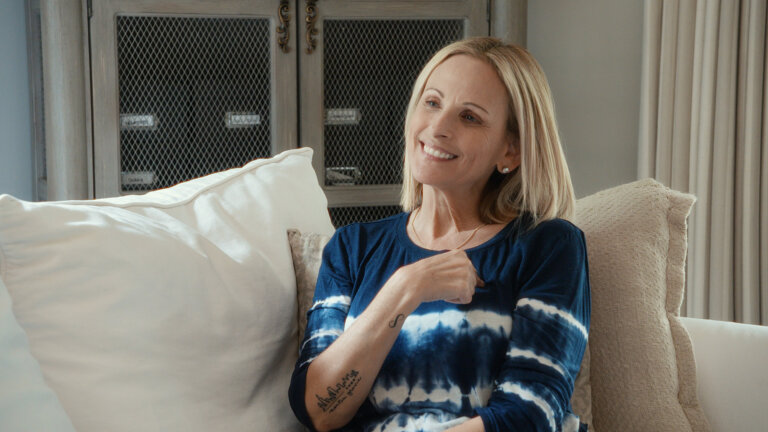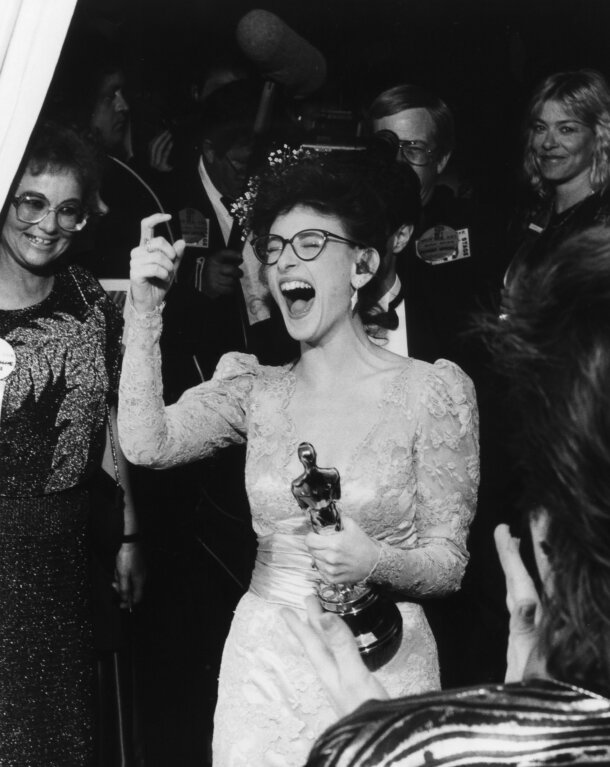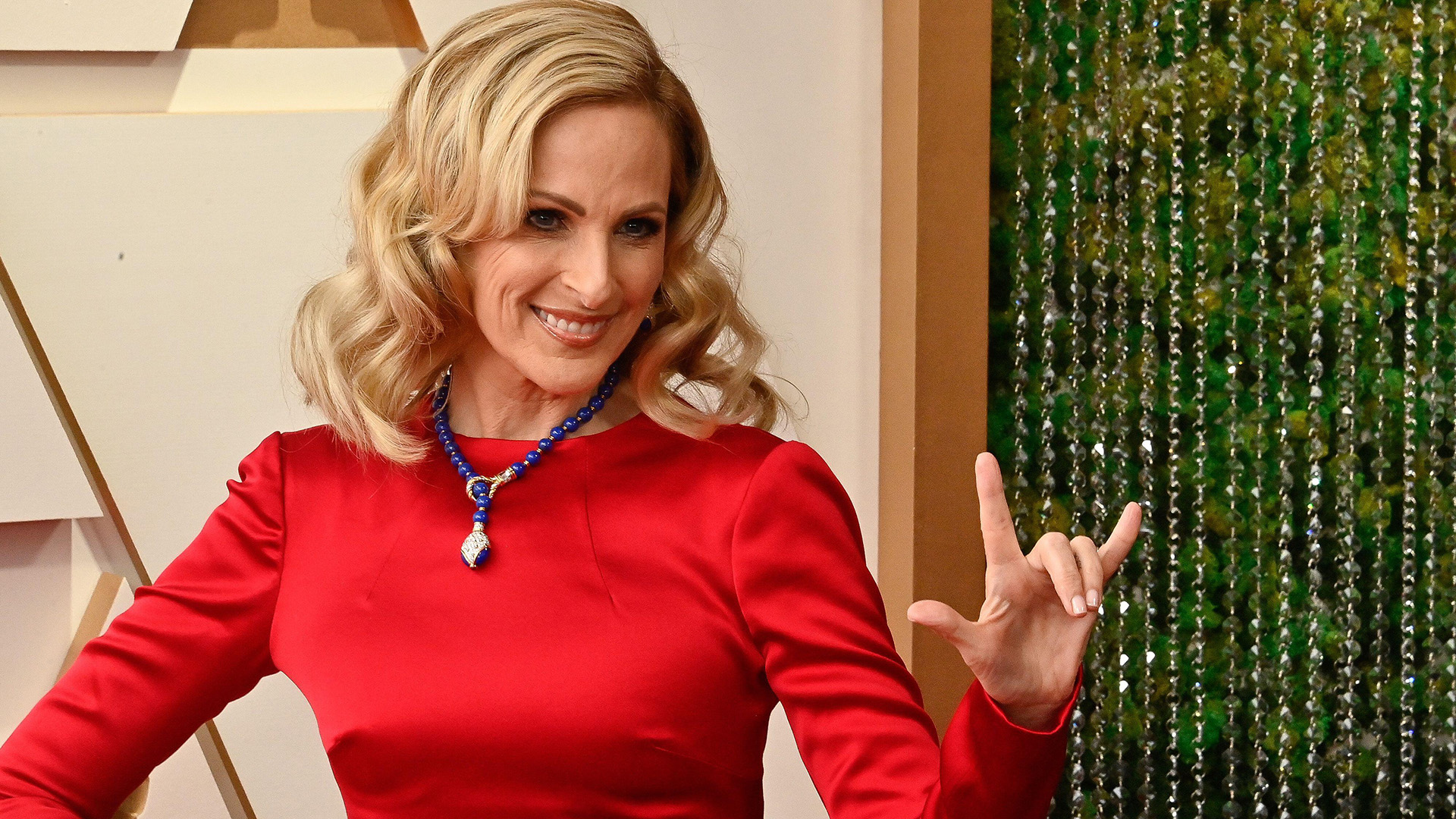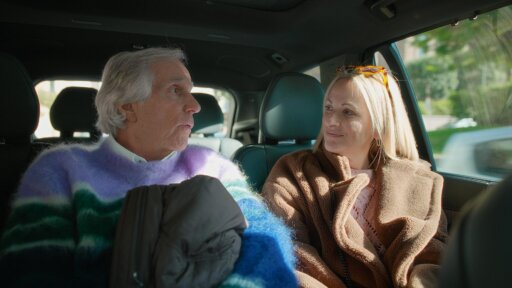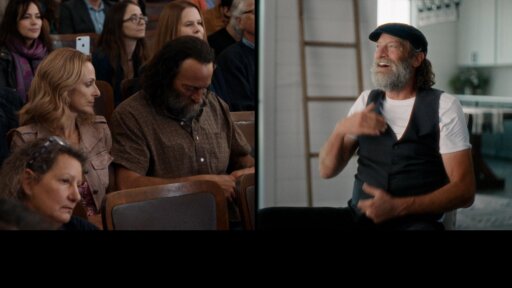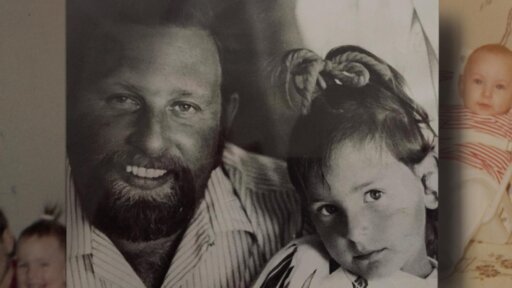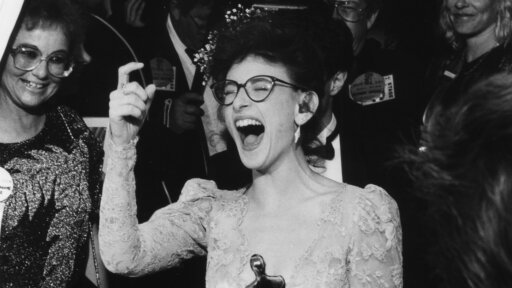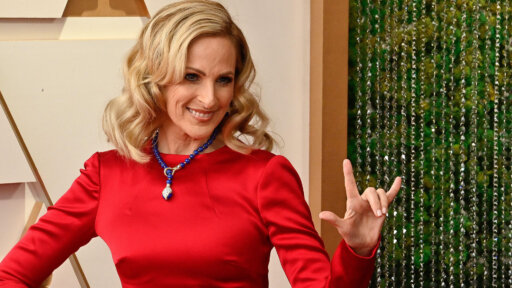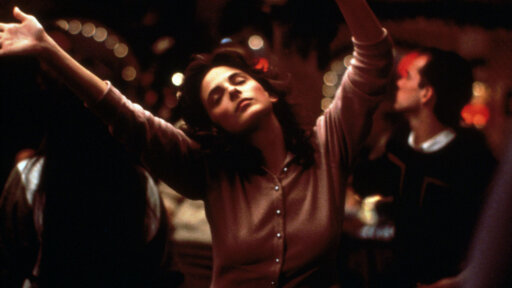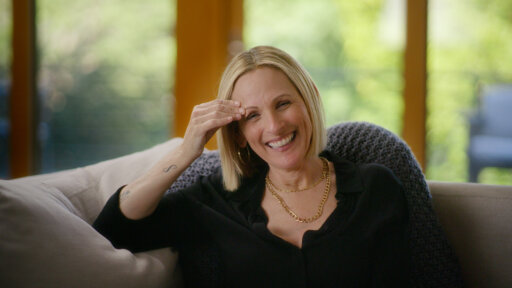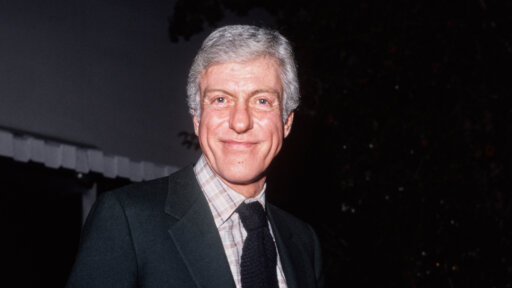In 1927, the television was invented: for the first time in human history, technology allowed for a way to transmit information visually. That could have been a breakthrough for Deaf communities—but it took more than 40 years for captioning experiments to even begin, and it wasn’t until the end of the century that subtitles became a routine part of televised media. That required both a technological and political evolution, and it relied on activism.
In 1973, “World News Tonight” became the first news broadcast accessible to Deaf audiences by airing a captioned version five hours after the original release. Six years later, PBS realized that bringing closed captioning to mainstream television would take a unified effort and cooperation across major networks. That prompted the creation of the National Captioning Institute, which aimed to bring television to Deaf audiences through closed captioning.
In the late 1980s, captioning was still only happening piecemeal: the vast majority of televised content was inaccessible to millions of Deaf Americans. One of them was Marlee Matlin.
Matlin became the first—and only—Deaf person to win an Oscar for Best Actress in 1987. She was just 21 when she won the Academy Award for her starring role in “Children of a Lesser God.” That recognition thrust her into the spotlight and overnight, she was expected to be not just an actress, but an activist for the Deaf community.
That was a foreign experience for Matlin. “‘Children of a Lesser God’ was the time in my life when I was ‘born’ as a Deaf person who had a Deaf identity,” Matlin explained. She grew up in a hearing family that wasn’t fluent in ASL, and she remained isolated from the Deaf community until she was put forward to represent it.
No one told her how to do that—and when reporters asked her things like “what did you not get growing up that you wished you had?” she answered just for herself: captions. Among her first requests was that “The Wizard of Oz” (her acting debut was as Dorothy in a childhood theater production) be closed captioned in honor of the 50th anniversary of its release.
Unknowingly, Matlin was joining a years-long effort to bring televised media to Deaf audiences. She became a prominent spokesperson for the National Captioning Institute, which was pushing for subtitles across all televised programming, from Hollywood movies to local newscasts. In her early interviews with “Entertainment Tonight,” she refused to appear on the show until they agreed to caption it.
Matlin testified before Congress in support of the 1990 law requiring that new television sets be equipped to display closed captions. She testified again for the 1996 Telecommunications Act, which broadened the existing legislation to keep pace with evolving technology: it required that digital television receivers also be equipped for captioning.
In the streaming age, Matlin worked with the National Association of the Deaf (NAD) to send Congress a letter demanding that streaming sites offer closed captioning. It took a lawsuit brought by NAD against Netflix for the FCC to intervene, and Netflix agreed to caption all its shows by 2014.
For all of us—Deaf or hearing—much of learning how to communicate happens passively, by absorbing the language around us. Like many Deaf children, Matlin grew up deprived of the language absorption available to her hearing peers. She would bring a book to the dinner table and read until the family conversation ended. She was left to guess at the dialogue in movies and TV shows and piece together plot points from the visuals alone. All that inaccessible communication meant that she didn’t always have the vocabulary for her experiences.
“Hearing people are lucky that they can overhear and have access to information anywhere they go, wherever they are, whoever they’re with.” Matlin tells Shoshannah Stern, the director of Marlee Matlin: Not Alone Anymore, who is also Deaf. “We’re not fed the words and the language the same way hearing people are.”
That language deprivation is the consequence of a world that caters to the hearing. Matlin’s push for captioning was a way to unlock media—and with it, a wealth of information—for Deaf audiences.
Earlier this year, Matlin accepted the Academy Award of Merit for captioning, which will reside in the Academy’s museum. The award recognizes ingenuity in a new design system for captioning, where accessibility is both form and function—subtitles are not just overlaid over the screen but integrated “as part of the cinematic language.”
In her acceptance speech, she traces the progress of media accessibility over her own career, benchmarked by her appearances on the Oscars stage. That started with her historic win for Best Actress in 1987, when captioning was the rare exception rather than the rule.
It progressed to a Best Picture win for “CODA” in 2022, which made history as the first movie with a predominantly Deaf leading cast to win the award. Matlin made her participation contingent on casting Deaf actors to play Deaf characters, leading to the casting of Troy Kotsur, who went on to win the Academy Award for Best Supporting Actor. Her impromptu acceptance speech inspired the title of her documentary.
Thirty-five years after Matlin became the first Deaf person to win an Oscar, she was back on the Academy stage. This time, she signed, “I’m not alone anymore.”

